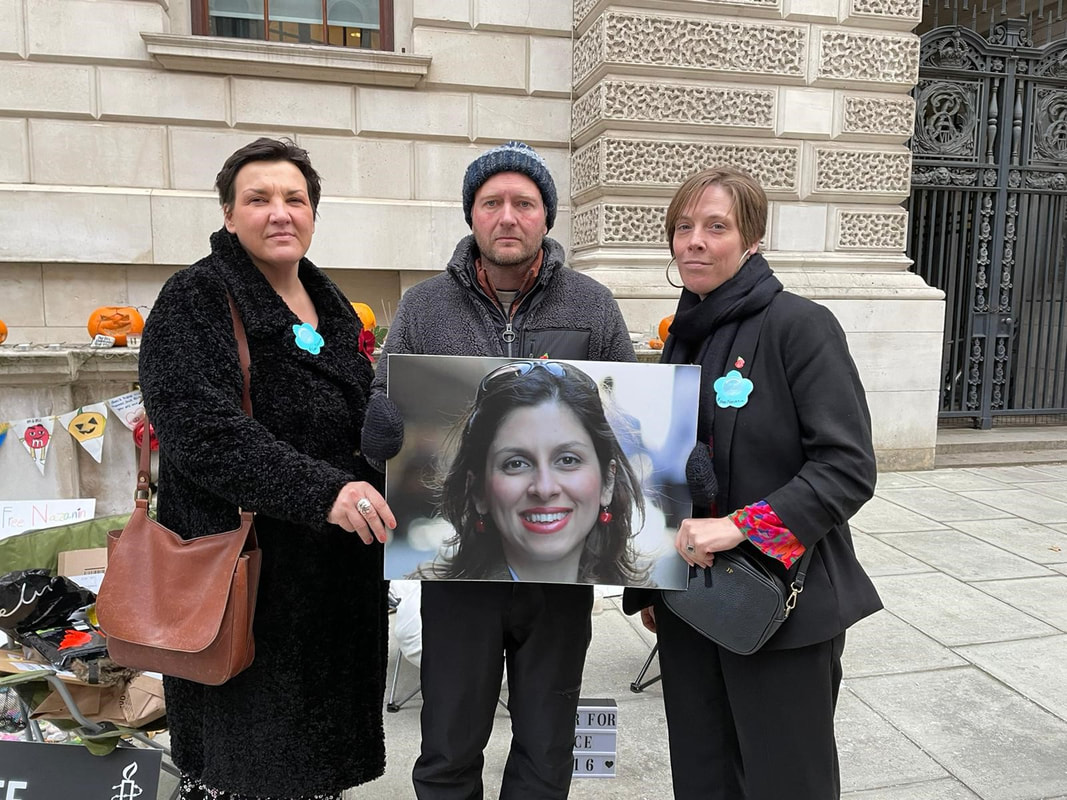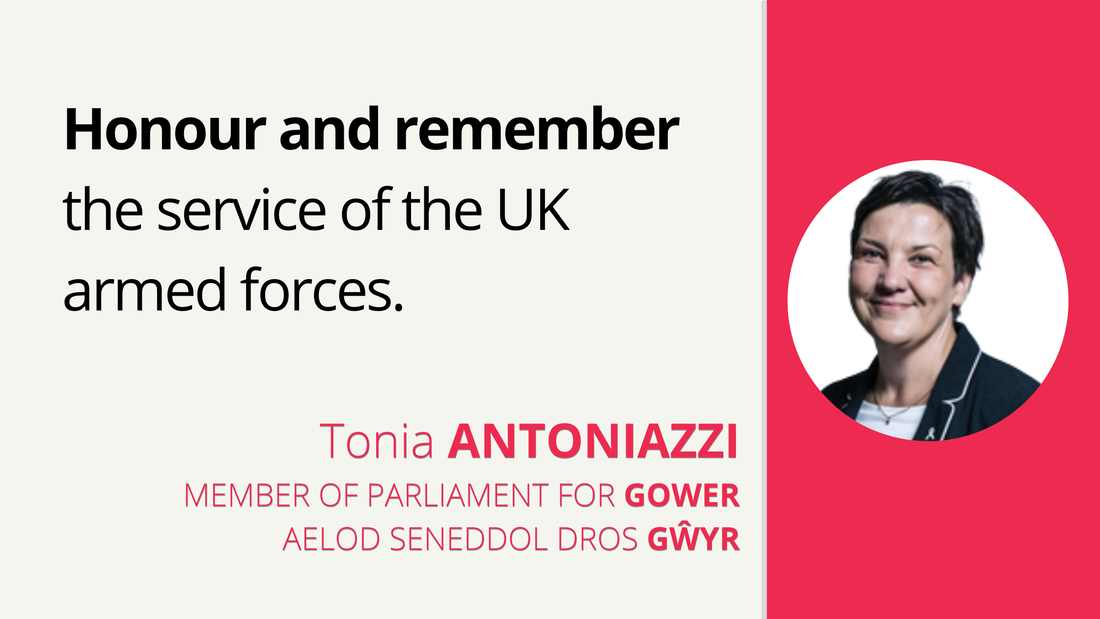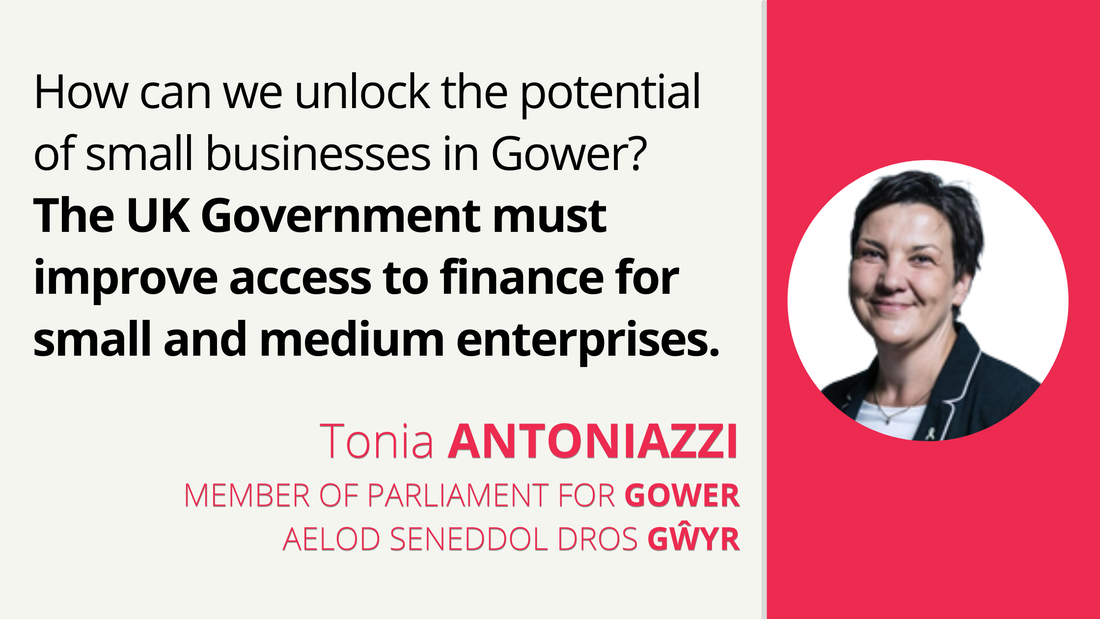|
I could speak about so many aspects of the Bill—such as the U-turn on the social care cap, the lack of action to include health inequalities, allowing private healthcare providers to access our NHS and, frankly, whether a reorganisation of the NHS at this time of crisis is what we need to support all our healthcare workers—but I am sure that colleagues will more eloquently cover a lot of those points in their contributions. As the chair of the all-party parliamentary group on cancer, I will restrict my comments to the amendment on the NHS workforce tabled by the right hon. Member for South West Surrey (Jeremy Hunt).
Staffing is the biggest challenge facing the NHS. The Prime Minister claims to be building 40 new hospitals; if that ever happens, they will be of no use to anyone if there are not the doctors, nurses, radiotherapists, pharmacists, porters, cleaners and other staff to look after patients. As we have already heard, the NHS had 100,000 vacancies before the pandemic started. That, coupled with the intense strain and burnout that staff have suffered over the past 18 months, is causing a crisis in staffing that needs bold action now. The Budget was a missed opportunity to invest in the people who make the NHS great, but amendment 10 would go some way to rectifying that. According to research from Macmillan, it is estimated that we need an extra 3,371 cancer nurse specialists by 2030—that is a doubling of the number of cancer nurses in just over eight years if we are to have any chance of providing the care and support that patients deserve. Macmillan has worked out that it would cost £174 million to train and develop specialist cancer nurses to plug the gap. Any increase in funding would be passed on to devolved Governments through Barnett consequentials. In the grand scheme of things, £124 million in England, £31 million in Scotland, £12 million in Wales and £7 million in Northern Ireland is not too much to ask of the Government—it is probably in the region of the amount of money spent on security for the Prime Minister’s trip to Peppa Pig World at the weekend. As chair of the all-party group on cancer, I would like to extend my thanks to the other all-party groups and their chairs for their support on this issue. We have been appalled by the stories that we have heard from people living with cancer and going through treatment. Twenty five per cent. of people diagnosed with cancer in the past two years have not had specialist nursing support. Laura from North Yorkshire is living with incurable secondary breast cancer. When she spoke at the Breast Cancer Now event, she said: “Being told that I had incurable secondary breast cancer felt like going into the abyss. What I need most is emotional and psychological support, yet I still don’t have a specialist nurse. I’ve had to find my own way through the dark days.” I would like to put on record my heartfelt thanks to the cancer workforce who are doing all they can at this moment. They are crucial to the diagnosis and treatment of cancer. The shortages in the workforce have had a devastating effect on outcomes. People are now being diagnosed through visits to A&E with later stages of cancer, the consequences of which do not bear thinking about. The mental and physical health of the cancer workforce is suffering, too; they are at breaking point. I have accompanied nurses to Downing Street to deliver a petition calling for the cancer workforce fund. I have spent time with Miriam Dibba Demba, a specialist gynaecology, oncology clinical nurse at St Bartholomew’s Hospital, and Eamon O’Reilly, a Macmillan lead nurse for cancer and chemotherapy at the Chelsea and Westminster Hospital NHS Foundation Trust. That is when we know that something has to change for the future, because the care and support that cancer nurses provide has been a lifeline for so many living with cancer. I urge the Government to put in place the funding to ensure that this essential support can continue. Last week I was honoured and humbled to visit Richard Ratcliffe outside the Foreign Office on the sixteenth day of his hunger strike. For 21 days, Richard camped outside the front of the foreign office, forgoing food and water with one demand; the government does more to secure his wife, Nazanin Zaghari-Ratcliffe's release from Iran.
On Saturday, Richard’s protest ended when he announced that he had “promised Nazanin to end the hunger strike” adding that that their daughter “Gabriella needs two parents.” I applaud his bravery in the face of cold government indifference to bring his wife, the mother of his child home, and I hope he will fully recover after his physically and mentally taxing ordeal. It is deplorable that the despite more than 2000 days having passed since Nazanin was erroneously detained in Iran, Boris Johnson has allowed this ordeal to drag on through his inaction, firstly as Foreign Secretary under Theresa May, and now as Prime Minister. Furthermore, it shames us that any citizen of this country should despaired by our governments inaction that they need to embark on a hunger strike to bring their loved one's home. In the five and a half years since Nazanin’s wrongful arrest, five Foreign Secretaries and three Prime Ministers have failed to resolve this family’s appalling ordeal and bring her home to the UK. After this length of time, I must ask at what point Prime Minister is going to wake up and realise his government’s approach to securing the release of UK nationals unfairly imprisoned abroad like Nazanin has been an abject failure. The priority of any Government should be to protect its citizens, whether here or abroad and in this instance, there has been a clear dereliction of duty. Speaking to my colleagues in Parliament I know this is an issue that rightly transcends political divides. As the Her Majesty's Opposition, Labour has made clear that we would support the Government in pursuing every avenue available in securing the safe return of Nazanin to her family. Despite cross party commitments, the Government are wallowing in their own inaction. Bring increased sanctions on Iran to Parliament and we will support you. Move to pay off historic debts between the UK and Iran. Take any action that tells us this issue is a priority for you Prime Minister. Your inaction is a political choice and Nazanin Zaghari-Ratcliffe and her family are paying the price. Tonia Antoniazzi MP has called for local residents in Gower to pay tribute to the service of UK armed Forces, past and present, this Remembrance Sunday.
This week, communities across the country will come together to thank local service men and women, veterans and their families for their incredible efforts helping to keep Britain safe and secure. From supporting the frontline response to the Covid crisis, to evacuating 15,000 people from Afghanistan in just two weeks, the UK’s servicemen and servicewomen continue to play a central role to support and protect British interests and values. Following the launch of its national poppy appeal, the Royal British Legion (RBL) are back in local communities across the country to raise vital funds to support our armed forces communities. 40,000 volunteers across the country will be collecting donations for the Poppy Appeal, with many national supermarkets, including Tesco, Morrisons, ASDA and Lidl distributing poppies in their stores. As the RBL marks its centenary, Labour is backing the charity’s efforts to encourage schools across the country to support the teaching of remembrance, to ensure the understanding of its importance is passed on to the next generation. The charity has developed a range of free teaching resources to be used in local schools or at home, with all of the lesson plans linked to the national curriculum for key stages 1-5. The Member of Parliament for Gower, Tonia Antoniazzi said: “Just as they were over a century ago, our armed forces have shown this year just how indispensable they are to the nation’s security, from airlifting British Nationals out of Afghanistan, to driving NHS ambulances in Wales. “During remembrance, we honour and remember the sacrifices made by Gower service men and service women, veterans and their families, past and present. “It’s vital we recognise their heroic efforts, so I encourage Gower residents to mark this year’s remembrance by doing their bit, whether that’s supporting the local poppy appeal, or passing on the understanding of its importance to the next generation. We must honour and remember their sacrifice.” Shadow Armed Forces Minister, Stephen Morgan MP, added: “Our armed forces have shown once again this year their enduring commitment to support and protect us when we need it most. “While last year saw celebrations scaled back or cancelled, this year we must get back out and do all we can to support armed forces communities across the country. “Our service men and service women have gone above and beyond this year. Now it’s our turn to give something back.” If you visit any part of our constituency you will know how important small businesses are in making Gower a unique and vibrant place to live, work, and visit.
99% of companies in the UK are classed as small but SMEs across the country face a £22bn funding gap and the APPG on Fair Business Banking’s recent inquiry found SMEs are reporting significant problems in accessing finance. Findings by the Industry Strategy Council reveal the UK is the most regionally imbalanced country in Europe when it comes to the productivity of its economies and the consequences of how this affects livelihoods can be seen in the disparity of opportunities across our city centres, our high streets and in our communities. This is especially apparent in south west Wales, where the lack of investment in our infrastructure by UK Government on much needed improvements such rail electrification has put our small and medium sized businesses at an even greater disadvantage. Finance is too concentrated in London and the South East and the UK’s current financial system – which has historically been dominated by four large shareholder driven banks – is not fit for purpose in helping to address this issue. The APPG on Fair Business Banking has published their ‘Scale Up to Level Up’ report which has put forward several recommendations to redress the regional imbalance including investing in regionally based Community Development Financial Institutions and Regional Mutual Banks which can lend directly to local businesses. Thankfully the Welsh Government is already taking innovative steps like this to support SMEs. The Welsh Labour knows when Welsh businesses are strong, Wales is strong. The Development Bank of Wales was set up in 2017 by the Welsh Government to provide flexible funding from £1,000 to £5 million to small businesses in Wales. Over the next five years it’s hoped the bank will have a billion-pound impact on the Welsh economy, support 1,400 Welsh businesses and for those businesses to create and safeguard more than 20,000 jobs. Wales is already setting an example on how local led investment can work. The UK Government must listen to what they are being told and not shy away from taking decisive action. Our small businesses need their support.
Bonfire night can be a spectacular event, but not everyone enjoys it. In order for everyone to make the most of this time, here are some tips to keep everyone safe.
Displays The safest way to enjoy Bonfire night is to attend a registered, organised display. This is also a great way of keeping noise to a minimum to protect more vulnerable people in society.
However, if you are planning on celebrating at home, be considerate and let your neighbours know, particularly if they are elderly or have young children or pets. Please also be mindful of the firework code. The firework code in the UK is a list of firework 'commandments' designed to ensure safety. They are:
It is an offence to let fireworks off during night hours (11pm to 7am), except on Bonfire Night (midnight), Diwali, New Year's Eve, and Chinese New Year (1am). If you are planning on using sparklers, here are some safety tips:
If you are planning on lighting a bonfire, please follow this advice:
For more firework safety advice, please visit the Royal Society for the Prevention of Accidents' dedicated webpage: Firework safety - RoSPA Pet safety Advice for pet owners during fireworks season ¿ An infographic created by the RSPCA |
News Archive
May 2024
Categories
All
|



